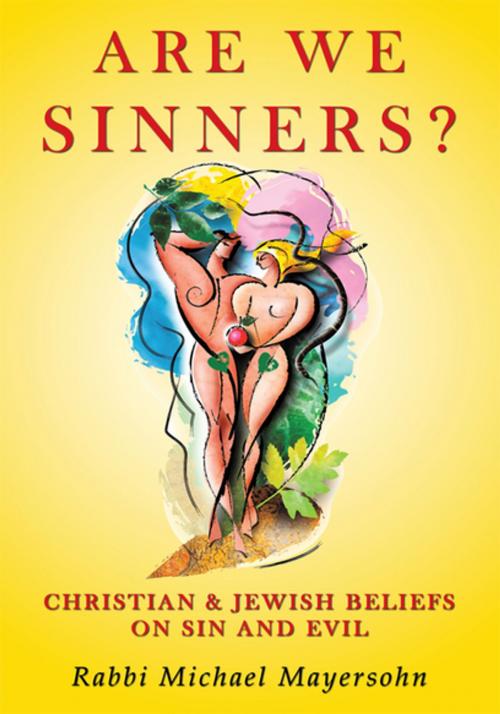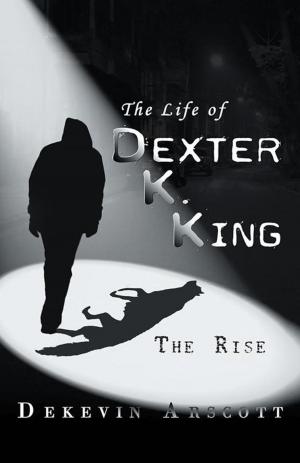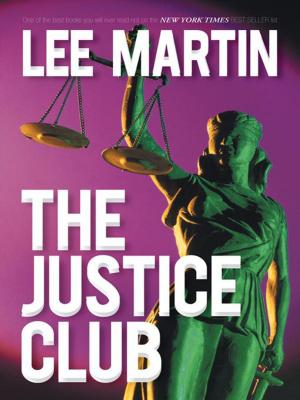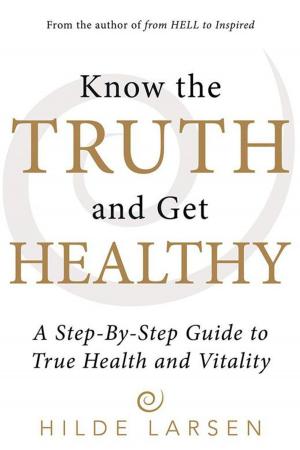Are We Sinners?
Christian and Jewish Beliefs on Sin and Evil
Nonfiction, Religion & Spirituality, Bible & Bible Studies, Commentaries| Author: | Rabbi Michael Mayersohn | ISBN: | 9781440169120 |
| Publisher: | iUniverse | Publication: | October 16, 2009 |
| Imprint: | iUniverse | Language: | English |
| Author: | Rabbi Michael Mayersohn |
| ISBN: | 9781440169120 |
| Publisher: | iUniverse |
| Publication: | October 16, 2009 |
| Imprint: | iUniverse |
| Language: | English |
Judaism and Christianity have to explain why humans, created by a good and merciful God, sin and commit evil. Rabbi Michael Mayersohn introduces the readers to the conclusions of the Hebrew Bible, the rabbinic literature of Talmud and Midrash, the writings of Paul, Augustine, Aquinas and Martin Luther. Nowhere else can a reader find the rabbis of Talmud and Christian saints Paul and Augustine all in one place talking about an issue as important as sin and evil. The Bible introduces us to the topic of sin with the story of Cain and Abel and Christianity takes us back to the story of Adam and Eve in the Garden of Eden. In its own distinctive way each tradition tries to explain why humans created by God sin.
In this fascinating exploration Rabbi Mayersohn will take us to these sacred texts and explain how Judaism and Christianity reach the conclusions they do about human sinfulness. Is sin inherent in the human condition or the result of some external influence? What is Gods role in the story of humans and evil? Is Original Sin the only answer to how sin appeared in the human story? What do these two great faith traditions have to say about these and other important questions?
Judaism and Christianity have to explain why humans, created by a good and merciful God, sin and commit evil. Rabbi Michael Mayersohn introduces the readers to the conclusions of the Hebrew Bible, the rabbinic literature of Talmud and Midrash, the writings of Paul, Augustine, Aquinas and Martin Luther. Nowhere else can a reader find the rabbis of Talmud and Christian saints Paul and Augustine all in one place talking about an issue as important as sin and evil. The Bible introduces us to the topic of sin with the story of Cain and Abel and Christianity takes us back to the story of Adam and Eve in the Garden of Eden. In its own distinctive way each tradition tries to explain why humans created by God sin.
In this fascinating exploration Rabbi Mayersohn will take us to these sacred texts and explain how Judaism and Christianity reach the conclusions they do about human sinfulness. Is sin inherent in the human condition or the result of some external influence? What is Gods role in the story of humans and evil? Is Original Sin the only answer to how sin appeared in the human story? What do these two great faith traditions have to say about these and other important questions?















